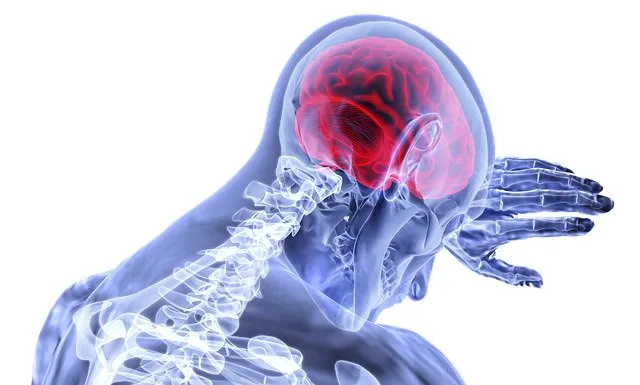Emotions are powerful influences in our lives. Some people feel their impact more that others. Emotions can linger into the future as a sort of hangover, even when the stimulus that brought on an experience has passed.
Our emotional experiences can "hangover" as physiological and internal brain states, despite the emotional event having ended. This emotional induction effects how we view, act and bias our memory and recollection of events.

Source
A study published in Nature Neuroscience talks about this ability of our future memories to be affected by emotional states. It was previously known that emotional arousal can produce lasting vivid memories, but not whether emotion enhances memory formation. Researchers set out to assess if exposure to such emotional stimulus would bias future brain activity.
Lila Davachi, an associate professor in NYU's Department of Psychology and Center for Neural Science and senior author of the study, further explained:
"How we remember events is not just a consequence of the external world we experience, but is also strongly influenced by our internal states—and these internal states can persist and color future experiences"
Emotional experiences have been known to be better remembered than non-emotional experiences. This new study demonstrates non-emotional experiences following emotional ones were also better remembered. We don't just remember what happens because of what happens, but remember it more or less than other things based on how it makes us feel.
Our emotions carry over into our future decisions and behavior, sometimes for better, and sometimes for the worse as hindering our ability to think clearly, or even get us to react in ways that are influenced from those past experiences and not honestly assess the present condition.
In the study, people viewed a series of scenes containing emotional content. After 10 to 30 minutes, one of the group of participants viewed non-emotional ordinary scenes, followed by emotional ones again. Another group did the opposite, viewing non-emotional scenes first and then emotional ones. Both groups of subjects had their brain activity and physiological arousal measured with an fMRI. Memory tests of viewing the images were administered six hours later to see accuracy of various memories recalled.
Those who experienced emotions from the emotion-stimulating images first before the non-emotional images had better long-term memory recall of emotionally-neutral images shown later, compared to those who were not exposed to emotional imagery beforehand. When an emotional stimulus is provided with emotions being experienced, the brain pays more attention to what comes after.
The study concludes that our emotional experiences and the brain states that are associated with them are carried over for 20 to 30 minutes and influence the way we process and remember experiences that are not emotional. Our own experience and the emotions we have associated with that experience can persist in time and bias how we encode and recollect new or unrelated information. The emotional state makes things more salient to us, to have more weight and importance.
This begs the question if it's better to be in an emotionally positive or emotionally negative state to study or remember certain information. My suspicion is that this salient recollection is for experience, and not specifically information or knowledge itself like for studying or learning. Or at least the negative emotional state would not be as beneficial to one's ability to remember information or knowledge compared to a positive emotional state.
Maybe I'm wrong. What do you think? Have you noticed you're able to better remember information if you are in a positive, negative or neutral emotional state?
With all the stress in life, the chaos of our times, maybe people have a harder time thinking because of this. Could this play a part in the short-term memory of forgetting what's going on in the world and making connections, keeping people focused on seeking out positive experiences and avoiding to face the dark negative of the world? Our memory can be biased to forgetting things that make us feel negatively, as we seek to feel positively.
Thank you for your time and attention. Peace.
References: Is there such a thing as an emotional hangover? Researchers find that there is | Emotional brain states carry over and enhance future memory formation
If you appreciate and value the content, please consider: Upvoting, Sharing or Reblogging below.
 me for more content to come!
me for more content to come!
My goal is to share knowledge, truth and moral understanding in order to help change the world for the better. If you appreciate and value what I do, please consider supporting me as a Steem Witness by voting for me at the bottom of the Witness page.


